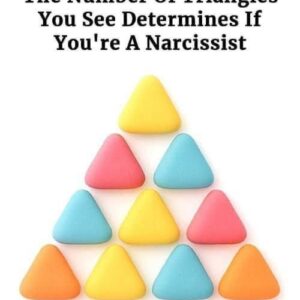In a fast-paced world where information changes quickly, moments of clarity often come with time. The phrase “Only now do I realize” symbolizes an awakening—shifting perceptions, decisions, and understanding. Whether recognizing the value of relationships late, learning ethics after a scandal, or realizing personal biases, these “only now” moments are significant.
Realizations happen during reflection, when life’s noise quiets and we analyze experiences. Many share stories of sudden epiphanies that changed their lives—for instance, realizing health’s importance only after a crisis. Psychologists compare this to cognitive reframing—changing perspective to see things differently. “The human mind adapts,” says Dr. Laura Mendez, “and experience helps us realize what truly matters.”
Time is key. Usually, insight comes after the event, in hindsight. Leaders often reflect on missed opportunities, noting, “Only now do I see what I should have done.” Such retrospection highlights growth, patience, and humility. Literature often explores these themes; classics like Dostoevsky’s “Crime and Punishment” showcase characters’ moments of self-awareness. Today, the phrase appears in memoirs, speeches, and social media, resonating universally with the idea that growth involves regret but also insight. These realizations can prompt action or reconciliation.
On an individual level, these moments lead to personal change—mending relationships, pursuing new paths, or abandoning harmful habits. They signal readiness for growth. Societally, collective realizations have driven movements for climate justice, equality, and rights—moments when communities acknowledge their impact and responsibility.
However, realizations also challenge us. Accepting past mistakes or truths requires humility and courage. Sometimes, fear or complacency block change. Yet, the capacity to reflect and act remains powerful. “Only now do I realize” encourages introspection, asking what truths we might be ignoring today that could shape our future.
As the world becomes more complex, moments of clarity are vital. Recognizing these “only now” instances can inspire empathy and progress. Growth is ongoing, and delayed understanding can still lead to positive change. These words remind us: learning is a continuous journey. Embracing revelations with openness can shape a future driven by understanding and compassion…
STAY TUNED !





